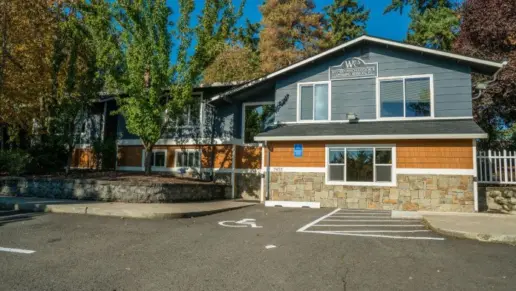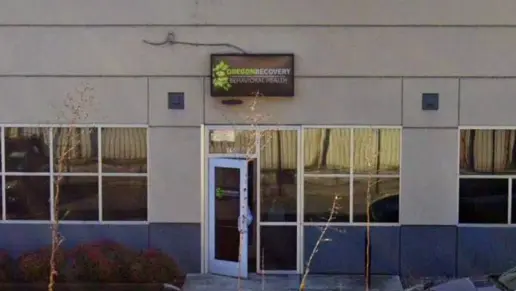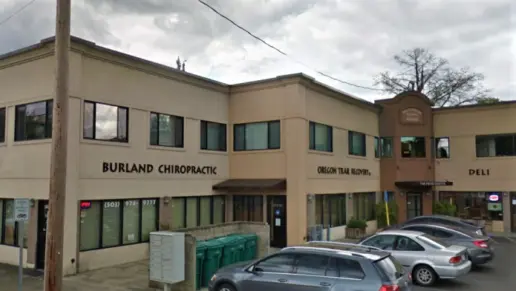I don't know. The program started out OK and everybody was real nice, friendly and encouraging. Then suddenly somebody decided that that nice, friendly and encouraging "wasn't what I needed" and from then on, everyone treated me like crap. I haven't had a drink in 37 years b ...
About Serenity Lane Residential Treatment
Serenity Lane Alcohol and Drug Treatment Services has locations throughout Oregon, including a CARF accredited residential treatment center on Serenity Lane in Coburg. The inpatient center offers medical detox and residential treatment for substance use and co occurring disorders. The facility is nonprofit and accepts insurance from most major carriers, including TRICARE. They also offer discounts for some treatments.
If appropriate, the inpatient treatment at Serenity Lane starts with a medically monitored detox which offers around the clock care. Detox is an important first step to rid your body of toxins, but after detox, you may still have cravings for drugs or alcohol. The residential program following detox begins the full continuum of care so that you leave the program with the best possible chance at maintaining long term sobriety.
Some people’s work environments make them vulnerable to substance use and mental health issues. This includes first responders such as police officers, EMTs, Veterans, active military, and firefighters. There’s a specialty track for first responders to address the unique aspects of their jobs and to provide them with better coping skills. This includes addressing the high rate of post traumatic stress disorder (PTSD) in first responders.
Most people run away from danger, but first responders have a warrior mentality and have the mental strength to run into danger to assist others. A warrior mentality is good for the job but may hold some people back from getting the treatment they need for substance use or mental health challenges. Specially trained counselors in the program can help first responders break through this mentality and get the help they need. PTSD and substance use are co occurring disorders and need to be treated simultaneously, which this program does.
Like first responders, healthcare professionals face unique challenges that lead to substance use and mental health issues. The program offers a longer stay as well as treatment for co occurring disorders. The team helps advocate on your behalf with licensing boards and your employer.
Former clients enthusiastically endorsed the caring and compassionate staff, program, and scenic grounds. Some were not as pleased with the business office.
Facility Overview
Rehab Score
Gallery
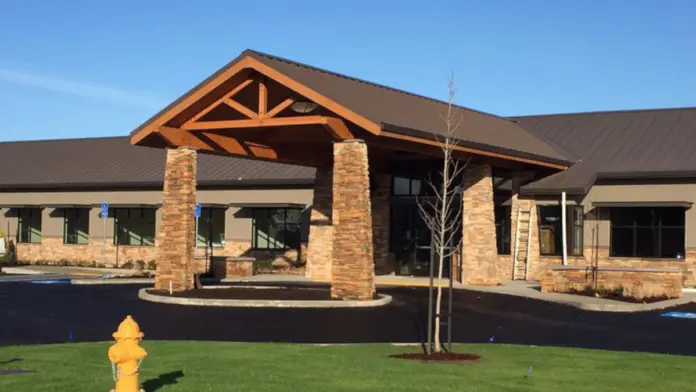
Location
Accepted Insurance


Other Forms of Payment
Self-pay involves paying for treatment out of your own pocket. You can use savings or credit, get a personal loan, or receive help from family and friends to fund your treatment. If you don't have insurance or your insurance plan doesn't cover a specific program, self-pay can help ensure you still get the care you need.
Medicaid is a state based program that helps lower-income individuals and families pay for healthcare. Medicaid covers addiction treatment so those enrolled can use their coverage to pay for rehab. When a program accepts Medicaid the client often pays very little or nothing out of their own pocket.
Private insurance refers to any kind of healthcare coverage that isn't from the state or federal government. This includes individual and family plans offered by an employer or purchased from the Insurance Marketplace. Every plan will have different requirements and out of pocket costs so be sure to get the full details before you start treatment.
Military members, veterans, and eligible dependents have access to specific insurance programs that help them get the care they need. TRICARE and VA insurance can help you access low cost or no cost addiction and mental health treatment. Programs that accept military insurance often have targeted treatment focused on the unique challenges military members, veterans, and their families face.
Addiction Treatments
Levels of Care
Treatments
The goal of treatment for alcoholism is abstinence. Those with poor social support, poor motivation, or psychiatric disorders tend to relapse within a few years of treatment. For these people, success is measured by longer periods of abstinence, reduced use of alcohol, better health, and improved social functioning. Recovery and Maintenance are usually based on 12 step programs and AA meetings.
Drug rehab in Oregon offers a full continuum of care for those struggling with addiction. From detox, to inpatient, to outpatient, to aftercare, Oregon residents can find the support they need for recovery. This treatment empowers individuals to replace drug use with positive alternatives and develop a healthier lifestyle.
Many of those suffering from addiction also suffer from mental or emotional illnesses like schizophrenia, bipolar disorder, depression, or anxiety disorders. Rehab and other substance abuse facilities treating those with a dual diagnosis or co-occurring disorder administer psychiatric treatment to address the person's mental health issue in addition to drug and alcohol rehabilitation.
A combined mental health and substance abuse rehab has the staff and resources available to handle individuals with both mental health and substance abuse issues. It can be challenging to determine where a specific symptom stems from (a mental health issue or an issue related to substance abuse), so mental health and substance abuse professionals are helpful in detangling symptoms and keeping treatment on track.
Opioid rehabs specialize in supporting those recovering from opioid addiction. They treat those suffering from addiction to illegal opioids like heroin, as well as prescription drugs like oxycodone. These centers typically combine both physical as well as mental and emotional support to help stop addiction. Physical support often includes medical detox and subsequent medical support (including medication), and mental support includes in-depth therapy to address the underlying causes of addiction.
Programs



Clinical Services
Cognitive behavioral therapy (CBT) in Oregon is a short term talk therapy method used to treat mental and behavioral disorders. Based on client needs, the therapist may recommend five to 20 sessions. Typically, this form of therapy requires fewer sessions than many other types of treatment.
Each counselor has a number of patients, who together, form a group. On weekdays, the group will meet each morning and afternoon to explore problems, feelings, changes and conflicts that come up in the treatment process. This is called group therapy and it is a significant part of residential treatment. Patients will be oriented to group and assigned a "buddy" (another patient who is further along in treatment). This person will help explain the rules and ease transition into the group environment.
During trauma theory, you can explore the impact that traumatic events had on your life in a safe and supportive space. Your therapist will guide you in understanding your emotional and physical trauma responses while helping you to develop better coping skills so you can reclaim your life.
For couples in Oregon, couples therapy can provide insight into the problems in their relationship. The therapist guides the couple to a greater understanding of themselves and each other. They work individually and together to change how they interact and react to challenges in the relationship.
Serenity Lane's nationally recognized Family Program is an educational program that focuses on repairing relationships damaged by years of destructive chemical dependency. Their program is designed to integrate the patient and the family and to supply vital information about how this disease negatively impacts the family system. The Family Program is offered in a 4-weekend series. Attending all the sessions is highly recommended. This program is an integral part of Serenity Lane's Residential Treatment.
Amenities
-
Residential Setting
Staff & Accreditations
Staff
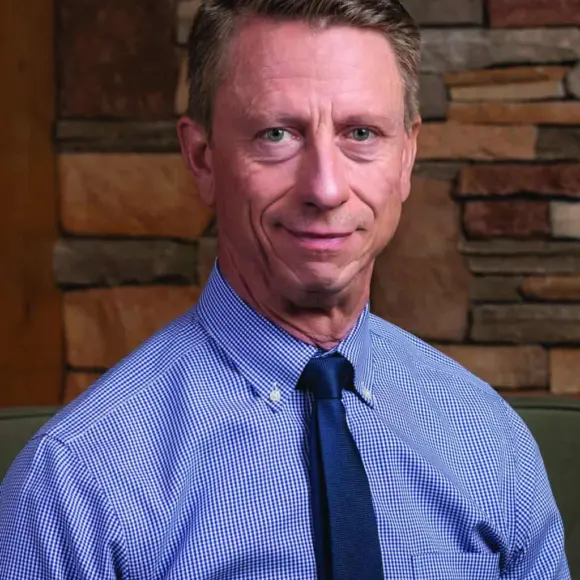
President & CEO
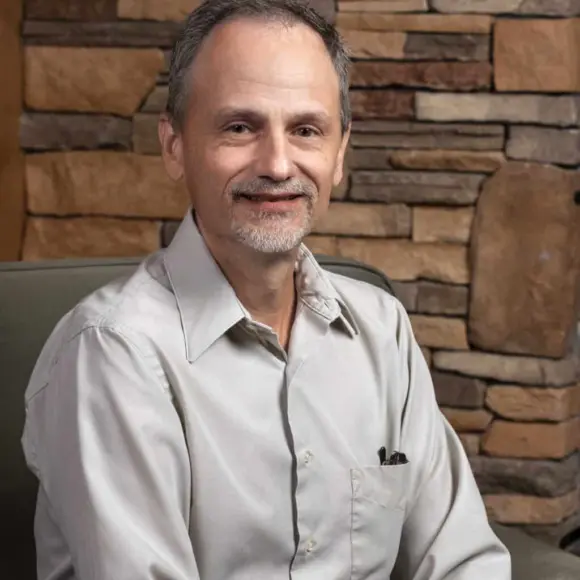
CFO
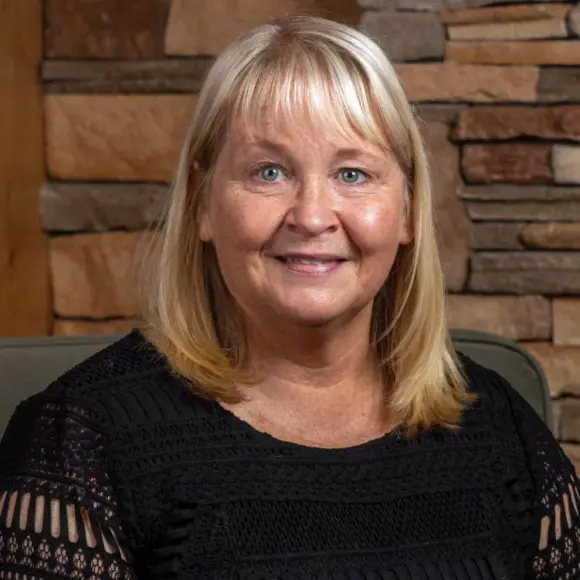
Director of Medical Operations
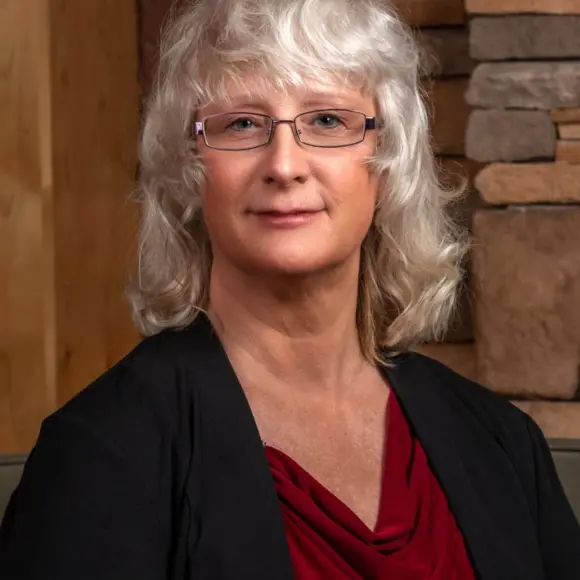
Director of Outpatient Clinical Services
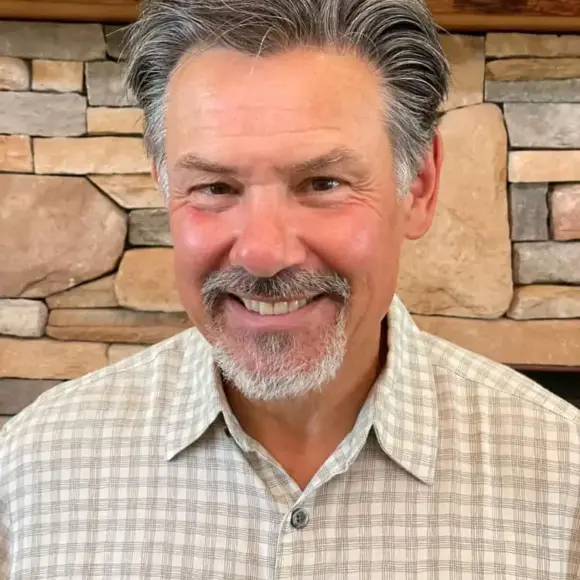
Director of Medical Services
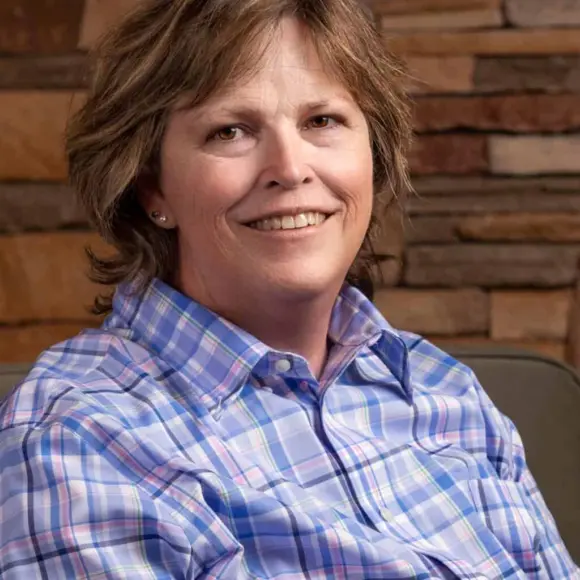
Director of Mental Health
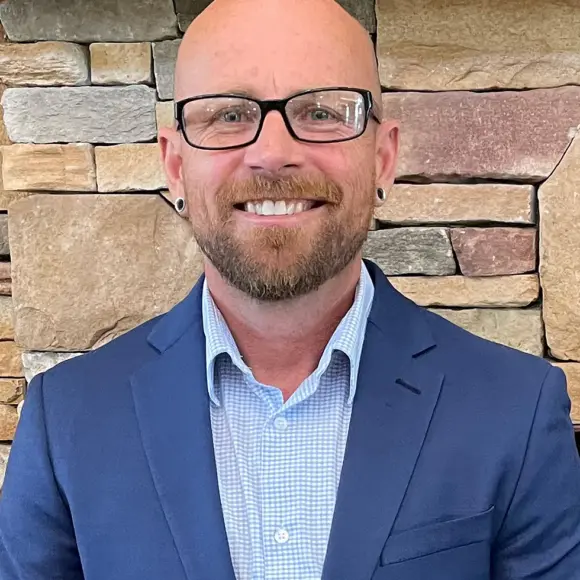
Residential Clinical Director
Accreditations

The Substance Abuse and Mental Health Services Administration (SAMHSA) is a branch of the U.S. Department of Health and Human Services. Established in 1992 by congress, SAMHSA's mission is to reduce the impact of substance abuse and mental illness on American's communities.
SAMHSA Listed: Yes

The Commission on Accreditation of Rehabilitation Facilities (CARF) is a non-profit organization that specifically accredits rehab organizations. Founded in 1966, CARF's, mission is to help service providers like rehab facilities maintain high standards of care.
CARF Accreditation: Yes
Accreditation Number: 266177
Contact Information
1 Serenity Lane
91150 Coburg Industrial Way
Eugene, OR 97408










